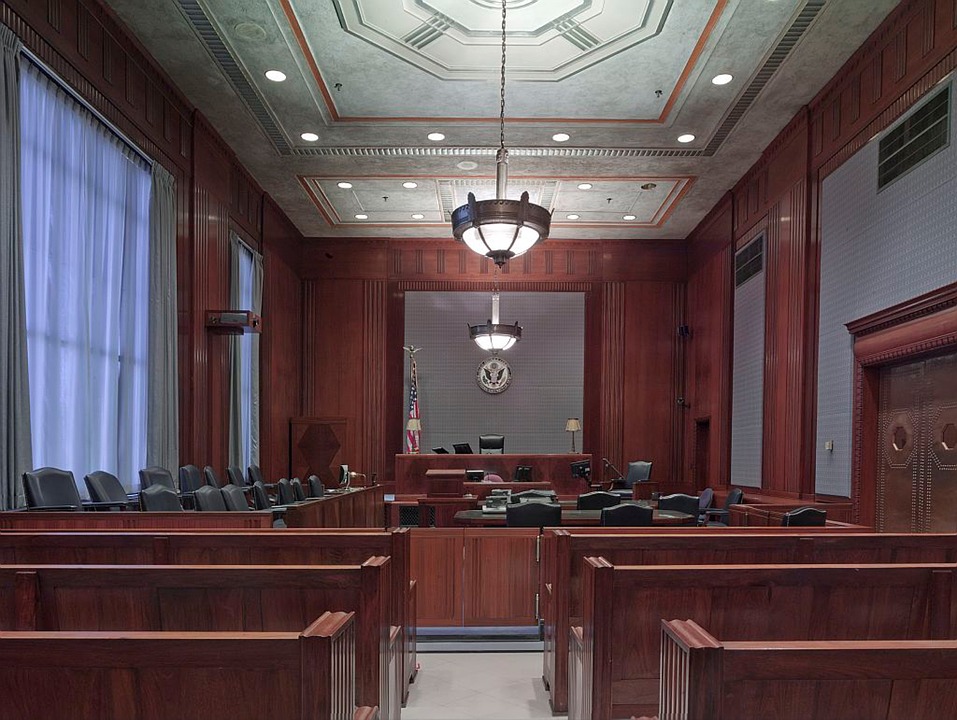Your Good Conduct in Custody Can Now Satisfy “Honest and Upright Life” Requirement for Expungements [Penal Code section 1203.4a(a)]
Does a criminal defendant’s subsequent good conduct while serving in custody time count as rehabilitation for expungement purposes per Penal Code section 1203.4a(a)?
That’s precisely the question the California Supreme Court sought to answer in their recent review of a trial court’s denial of a criminal defendant’s expungement in People v. Maya (S255371).
People v. Maya
In this case, Misael Maya was sentenced to prison without probation after pleading guilty to driving under the influence and felony possession of a controlled substance. Mr. Maya then sought expungement of his conviction pursuant to Penal Code section 1203.4a(a). Mr. Maya 
The California Supreme Court granted review of Mr. Maya’s petition and reversed the trial and appellate courts’ ruling. The California Supreme Court determined that under the law every defendant convicted of a misdemeanor and not granted probation, and has, since the pronouncement of judgment, lived an honest and upright life and has conformed to and obeyed the laws of the land, shall be permitted by the court to withdraw his or her plea of guilty and enter a plea of not guilty; and the court shall dismiss the accusatory pleading against the defendant, who shall thereafter be released from all penalties and disabilities resulting from the conviction.
For these reasons, the California Supreme Court held that Penal Code section 1203.4a(a) applies to all conduct subsequent to the trial court’s pronouncement of judgment, including conduct occurring while in-custody.
How does this Help Me in My Expungement Matter Under CA PC 1203.4?
This means that a court may review your progress and rehabilitative efforts even if this would have occurred while you were in custody serving your sentence.
For example, let’s say you take classes towards earning your high school or college degree, attend alcohol or drug treatment meetings, or participate in domestic violence or anger management classes while in custody. The court’s ruling means that the trial court may consider these gains as evidence that you are living an honest and upright life.
Contact Criminal Defense Attorney Wallin & Klarich About Your Expungement Matter
If you or your loved one has been convicted of a crime and would like to see if you or they are eligible for an expungement then it is critical you hire a competent and experienced attorney. Wallin & Klarich has over 40 years of experience successfully defending our client’s rights.
With offices in Orange County, Riverside, San Bernardino, Los Angeles, San Diego, West Covina, Torrance, and Victorville, there is an experienced and skilled Wallin & Klarich defense attorney available to help you no matter where you are located.
Contact our offices today at (877) 4-NO-JAIL or (877) 466-5245 for a free, no-obligation phone consultation. We will be there when you call.



